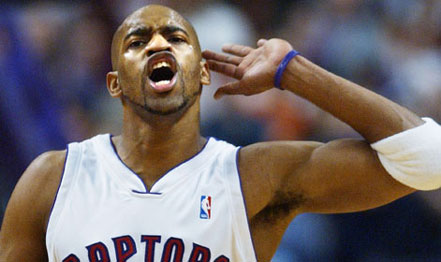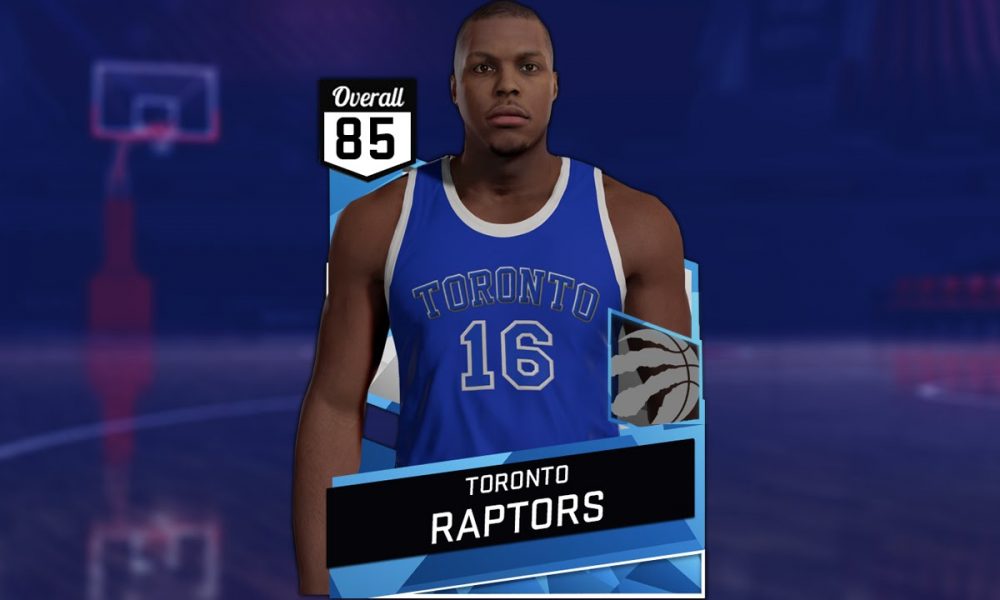We promise it won’t be this slow around here between now and the start of training camp on Sept. 25. Or rather, we can’t promise the news cycle won’t be this slow – it almost surely will be, save for some potential training camp additions, Raptors 905 open tryouts, and the like – but our pages won’t be as dead. There’s not a whole heck of a lot left to write about, but after some site-wide downtime, we’ll at least be back to trying. We hope you’ve all been taking some downtime, too, because even when you love something, a little bit of space and time and separation can be healthy.
One thing we didn’t touch on, somewhat intentionally, was the ESPN win projections based on RPM. Because it’s a whole thing.
As a refresher, ESPN uses their Real Plus-Minus statistic to attempt to project win-loss totals for all 30 NBA teams, and then everyone overreacts to the projections. This is not Kevin Pelton saying X will happen, but rather what the average outcome is running a bunch of simulations making some pretty broad assumptions. He doesn’t hate the Toronto Raptors, though this methodology has consistently undersold the Raptors in recent years.
Perhaps there’s something about this Raptors core that projection systems simply can’t grasp. I guess there’s some argument for the synergy and chemistry built over years with the same primary pieces (in the same system) that could lead to over-performance relative to the projected mean. There’s also the potential that the Raptors out-performing their “true talent” in the regular season (their Pythagorean win-loss record in their 56-win season was only 53, as an example of that) and then consistently under-performing relative to expectations in the playoffs says something.
What it says isn’t exactly clear, but projection systems aren’t aiming to capture all of this subtlety. Figuring out a team’s win total based on roster and talent in August isn’t as simple as following the blackjack guide at the tables – the sample size of a season is one, players change and grow and develop, injuries happen, and so on.
Instead, they should be taken in with other information, both qualitative and quantitative. The Raptors have been good, their youth may suggest some upside, and while they’re maybe worse on paper than at this exact moment a year ago, they still look like something close to a top-10 team, all told. That there are questions about the Raptors’ standing in the Eastern Conference isn’t news to Raptors fans, who have spent the summer questioning those same things. So while 43 wins seems, on the surface, a far cry from the level the Raptors have sustained and perhaps too big a drop-off, the RPM projections are a reminder that the margin for error at that level of the league is fairly thin. Even if 43 is well below the Vegas win line, it’s probably not worth getting upset about, and instead it’s worth getting curious about. Will their offense be more varied, helping players improve on that end? Can anyone defend? How much will the youth improve? These are questions that projections don’t necessarily purport to answer.
(The Raptors will surely love having more #ProveEm material for training camp, and DeMar DeRozan jumped on Instragram with a quick “Foh” when the projections came out.)
I guess it’s as good a time as any to ask what your win projections are for the coming year?



